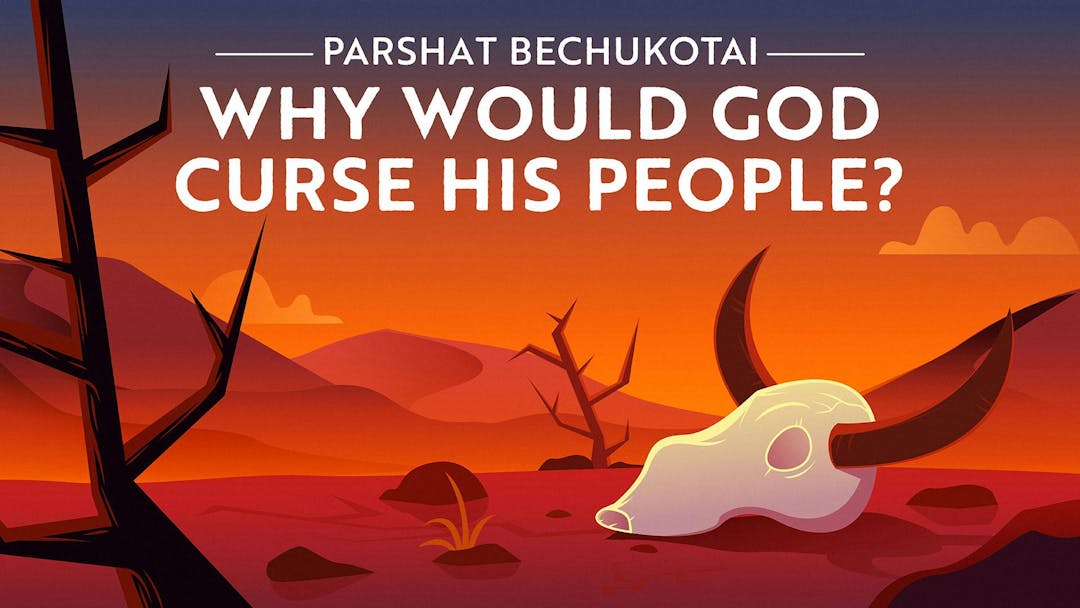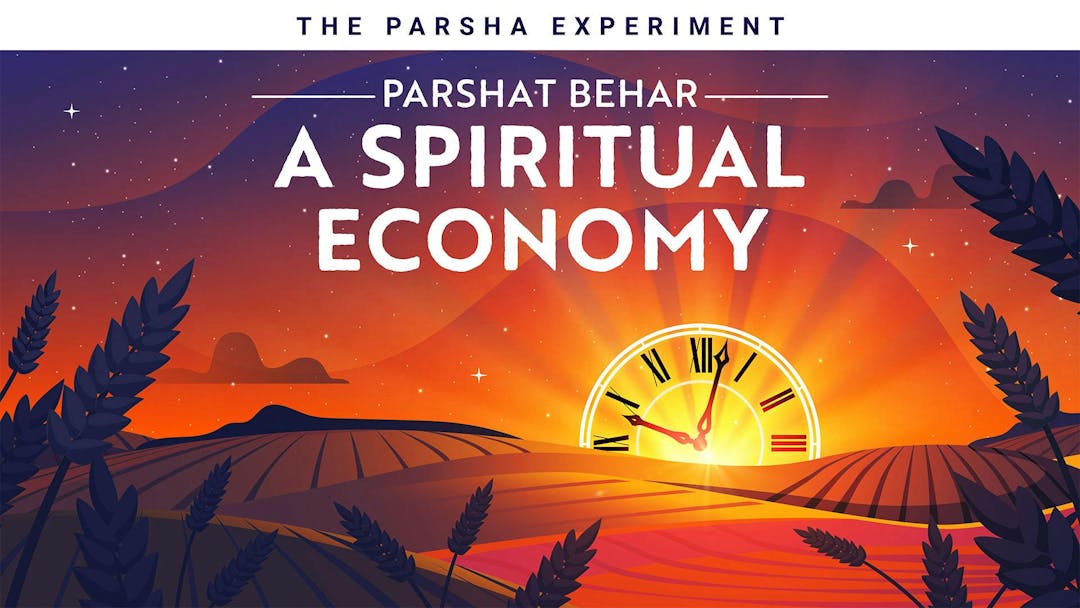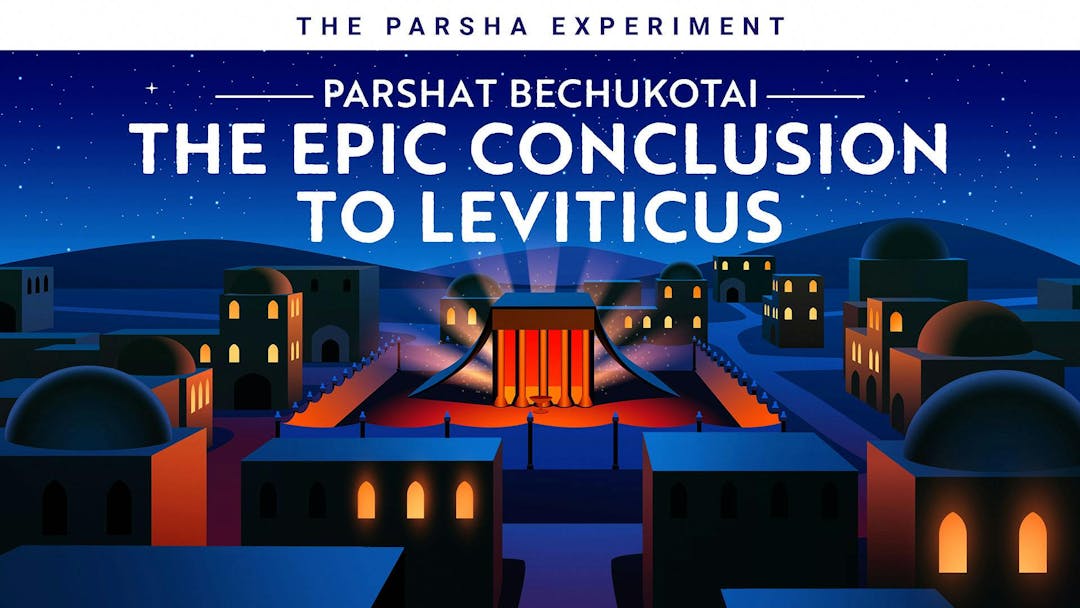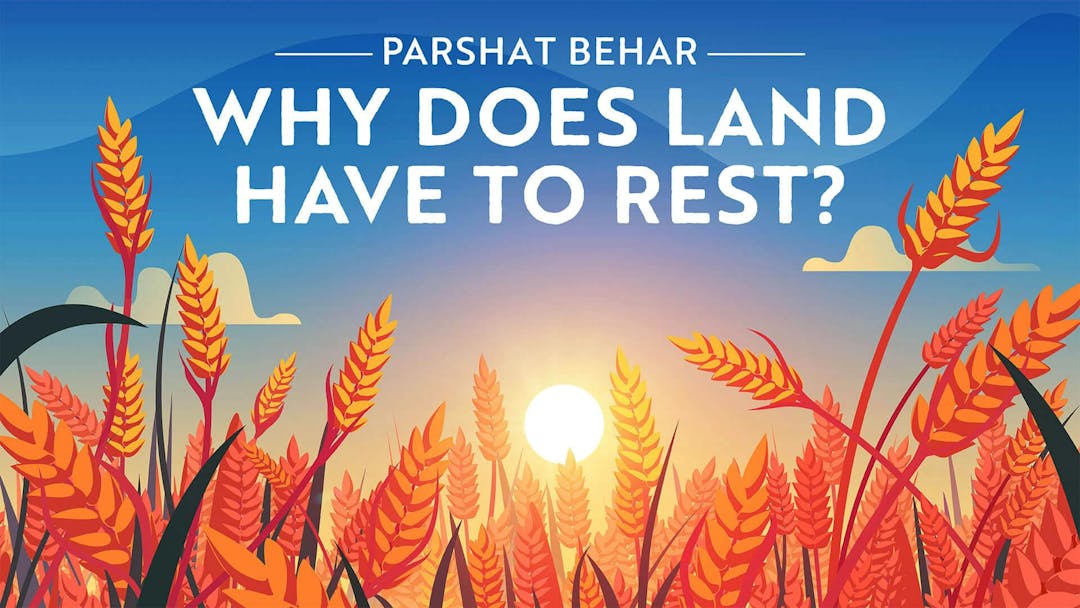Start your free trial today to unlock the full library and enjoy unlimited and uninterrupted access.
Get StartedShemittah, Yovel and… Mount Sinai?
Shemittah, Yovel And… Mount Sinai?
This week’s double parsha, Behar-Bechokotai, focuses on the agricultural cycles of Shemittah and Yovel. Strangely enough, the language here carries echoes of some of the themes of last week’s parsha, and even seems to take us all the way back to Mount Sinai. Are these ideas somehow connected? What could the revelation at Sinai have to do with agricultural laws in the land of Israel? Join Rivky Stern and first time co-host Ami Silver as they explore these fascinating connections and the implications for what it means to live together with God in this world.
Want to watch the full video for free?
Enter your email and we’ll send you a link to watch the full series free.
What is Aleph Beta?
Aleph Beta is a unique kind of Torah library. Led by our founder, Rabbi David Fohrman, we are dedicated to high-level, textual Torah learning for adults that is intellectually and spiritually sophisticated, that enlivens your Jewish practice and helps you forge a deeper connection to God. Whether you’ve been learning in yeshiva for years or you’re just beginning your Torah journey, you’re sure to find something meaningful and surprising waiting for you here.
Browse our library of over 1,000 beautifully produced animated videos, podcasts, deep dive courses, and printable guides. Topics include the weekly parsha, Jewish holidays & fast days, laws & mitzvot, prayers, relationships, big philosophical ideas and more. Have something to say at the Shabbos table that will amaze your family and guests and bring deep meaning into their lives.












